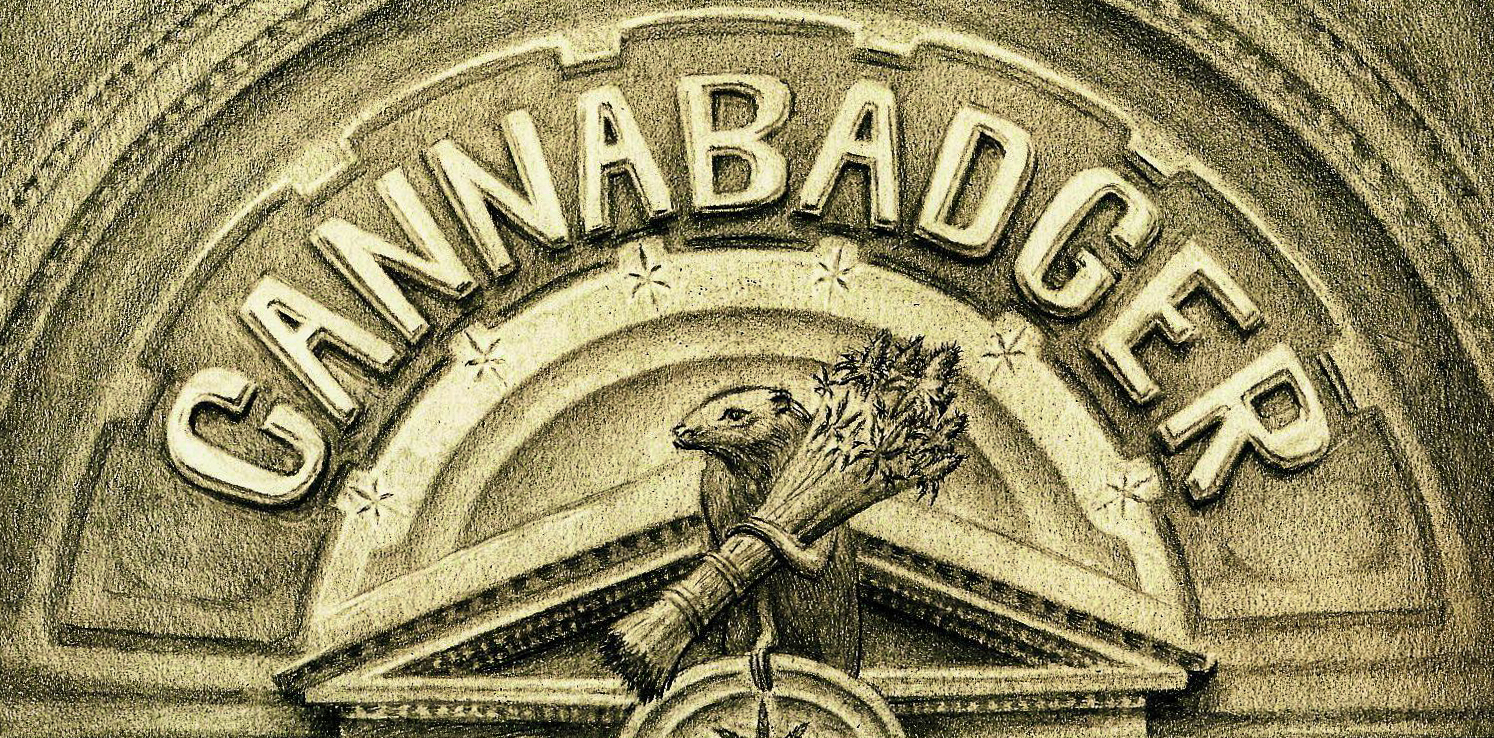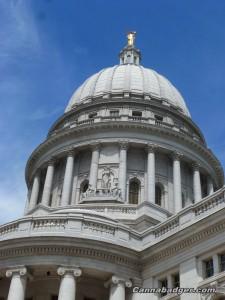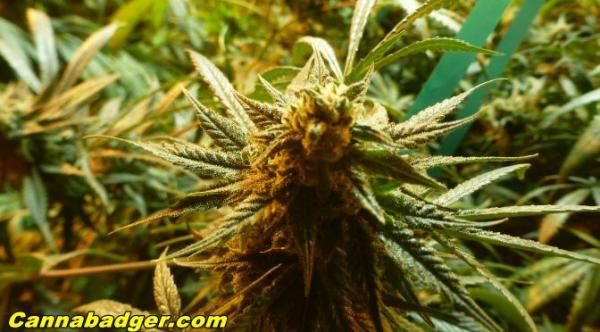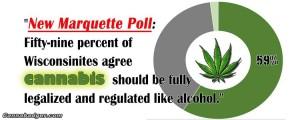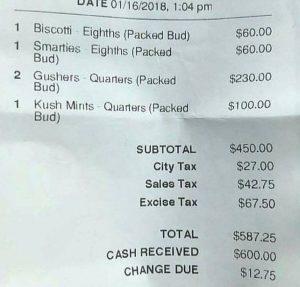In Nov. 2018, Wisconsin voters will cast ballots for governor, attorney general, secretary of state, state treasurer, all 99 state assembly reps and 16 of 33 state senators, along with federal offices including all 8 congressional reps and a U.S. senate seat. Efforts are underway in Milwaukee County to place a cannabis legalization advisory referendum on county ballots. The huge field of Democrats vying for the nomination to take on prohibitionist two-term Gov. Scott Walker are pretty much united in support for cannabis legalization. Legalization has become a major issue for candidates and if voters, who favor legalization according to polling, show up in sufficient numbers to vote out Walker and other state officials opposed to it, Wisconsin could finally see movement on the issue in the 2019-2020 legislative session.
Updated: Timeline: Wisconsin Gov. Scott Walker on marijuana
The question of cannabis legalization should not be if but how. Focusing solely on expectations of vast new tax revenues is not good policy. What's needed is a more equitable and balanced approach.
July 2016 Marquette Law School found 59% support for legalizing pot like alcohol in Wisconsin.
The July 2016 Marquette Law School poll found 59% of Wisconsinites want to regulate cannabis like alcohol. Actually doing so would mean home cultivation, cannabis lounges, no limits on possession, cannabis at festivals, athletic events, etc. We allow equivalents of all those things with alcohol now.
Regulating like alcohol also means more appropriate tax rates than seen so far in legal recreational states. When it comes to alcohol taxation, Wisconsin ranks 45th in taxes per drink. Beer drinkers pay just 0.6 cents per standard drink, while wine is 1 cent and spirits 3.8 cents. Wisconsin hasn't raised beer taxes since 1969. According to the Wisconsin Dept. of Revenue, excise taxes on beer, wine and spirits brought in a total of around $61 million in 2017. Excise taxes on tobacco products totaled about $644 million. Is it fair to make cannabis consumers pay high taxes with alcohol taxed at a comparatively very low rate? Alcohol abuse is a huge issue for Wisconsin with USA Today again ranking the state #1 in drinking with 7 of the top 10 drunkest cities and 10 in the top 20.
Receipt from California recreational cannabis dispensary from January 2018.
One can purchase a six pack of beer or a bottle of wine or spirits for under $10.00 in Wisconsin, plus sales tax. An equivalent amount of cannabis might be something like 2-3 grams, enough to roll 3 or 4 joints. A quick internet search reveals legal state tax rates appear to run about at least $1-2 per gram of cannabis. Pre-rolled joints run about $5-20 for a one-gram joint in legal states, not including sales tax and local taxes.
Legal cannabis offers a safer substitute and studies show legal pot reduces alcohol abuse and binge drinking and protects brains from damage from alcohol abuse.
A number of studies of legal states show cannabis reduces prescription drug use and is a treatment for opiate abuse. Others have found lower rate of opiate overdose, drunk driving and drunk driving fatalities.
Cannabis not only treats myriad medical conditions, but also promotes wellness. Even if people's only goal in consuming cannabis is to "get high" they are still obtaining health benefits from cannabis use. Why should we discourage this choice with sky-high taxation and over regulation?
Federal studies at UCLA in the early 1970s established the medical potential of cannabis in treating glaucoma.
As a glaucoma patient who stumbled upon cannabis as a means of saving my sight in 1972, I also believe it's important to give priority to the medical end in regulating cannabis. We should not forget the recreational pot industry owes its very existence to the hard work and sacrifice of patients and advocates who fought to legalize medical use at great personal cost including for some going to jail, and finally were able to gain traction through collecting enough signatures to put it on the ballot in states like California, Oregon, Washington, Colorado and others.
Once legal for medical use, it became obvious the propaganda that had been used to demonize pot and keep it illegal was false and cannabis was not a substance of abuse but safe enough to regulate for adult use, and a tool to boost wellness. As more studies are done, we'll no doubt continue to find more evidence of the many benefits of cannabis.
Make it work for all. Find ways to manage the trends of industry consolidation as we are seeing in recreational states where multi-state and even multinational cannabis corporations are gobbling up independent "Mon & Pop" type dispensaries and turning them into franchise locations. The business model for Chalice Farms, an Oregon cannabusiness is McDonald's and Starbucks. Make ways for everyone to participate and benefit, not just deep-pocketed investors.
Feb 2017 Portland cannabis dispensary
A 2017 study from the University of Wisconsin found that single-family residences close to a retail conversion-a medical marijuana dispensary that had been converted to a recreational use dispensary-increased in value by approximately 8 percent. Another 2018 study estimated that legalization has led to an average 6 percent increase in housing values in metro Denver.
The flip side is that rising property values are putting additional pressure on the residential rental market in legal states. A balanced approach requires planning for this and earmarking tax revenues ro expand affordable housing options and manage gentrification better.
Opponents of legalization urge a wait and see attitude, but I think we've seen enough greed and gold rush mentality to make the case for a better approach. In California, where voters passed Prop 64 legalizing cannabis in 2016, taxes in the state's regulated system are so high cannabis consumers are rushing back to the unregulated market.
Cannabis leaf (Cannabadger.com)
Producers and dispensaries who were active in California's medical cannabis industry are shying away from signing up for the new heavily regulated regime with steep fees at every turn. The state recently reported cannabis industry tax and fee revenues of just $60.9 million during the first quarter of 2018.
Cannabis is a plant, not diamonds or gold. If society can tolerate legal access to things like alcohol, tobacco, prescription drugs and junk foods, and if as we've recently seen federal and state governments can repeal environmental regulations allowing large corporations to pollute at will, how can such heavy regulation of cannabis as we've seen so far in legal states be justified?
Cannabis, we must remember, has not only never killed anyone, it has saved, extended or improved countless lives. Legalize it posthaste, but do it in a thoughtful way that minimizes the downsides with an industry that has room for everyone, and allows cannabis consumers, whether medical or recreational, to grow some plants and able to legally possess a reasonable amount without running up against new prohibitions and offenses.
Wisconsin State Capitol.
In a perfect world, Wisconsin would pass a bill like Rep. Lloyd Barbee (D-Milwaukee) introduced back in 1969, which would have repealed all statutes against cannabis. Unfortunately, when the bill somehow got an Assembly floor vote it went down to defeat by a 94-1 margin, with Barbee being the one, and I'm sure it would get the same results today.
But deep down this is an agricultural product that is only treated so poorly because of a concentrated propaganda/enforcement campaign based on misinformation and lies that saturated the American consciousness so deeply that it still burns brightly today even in legal states.
Reversing such ingrained attitudes has not been and will not be easy, it will take time. Removal of cannabis from federal scheduling is needed as well. But for now, it's up to states and Wisconsin needs to be a leader rather than a follower in ending cannabis prohibition in the state. Hopefully, we'll get that chance if cannabis legalization supporters make their voices heard at the polls Election Day: Tuesday, Nov. 6, 2018.
